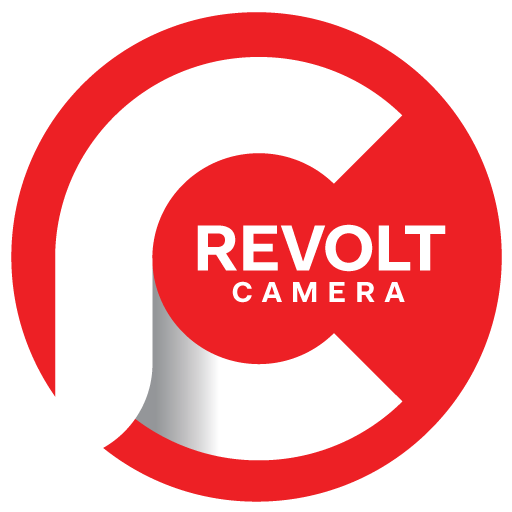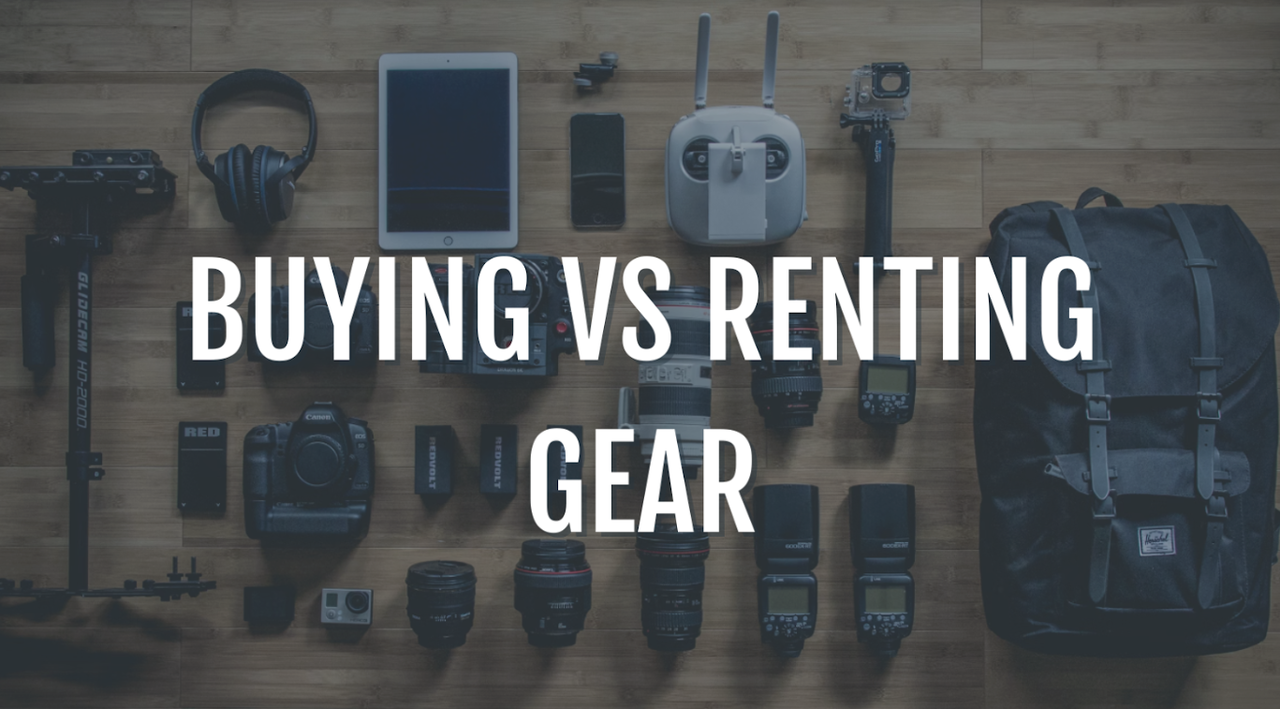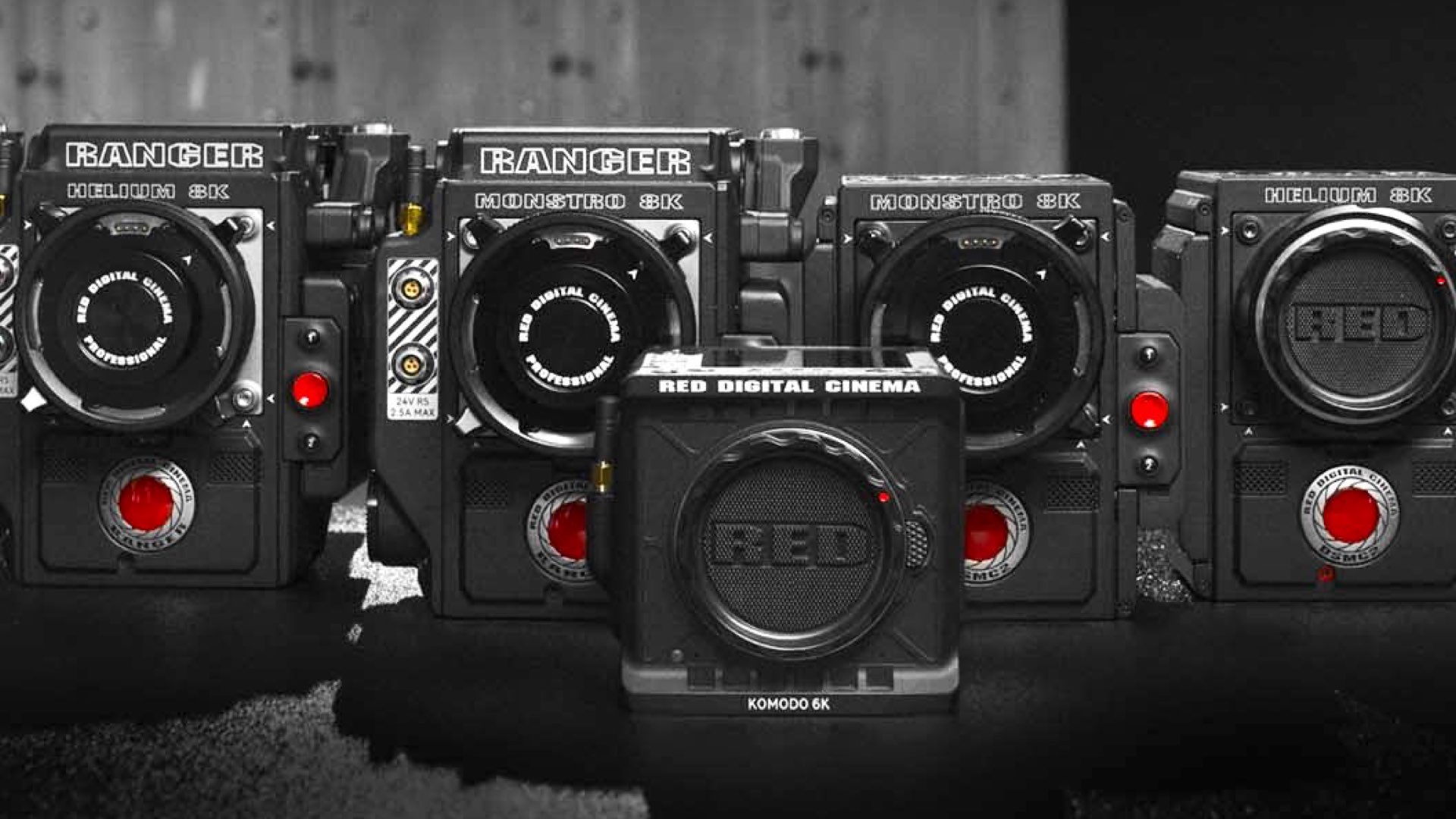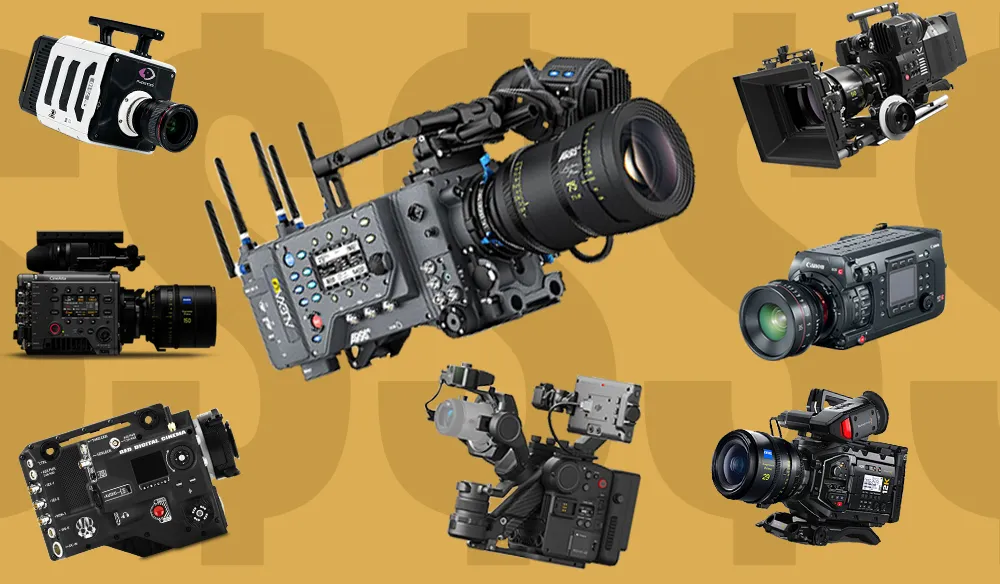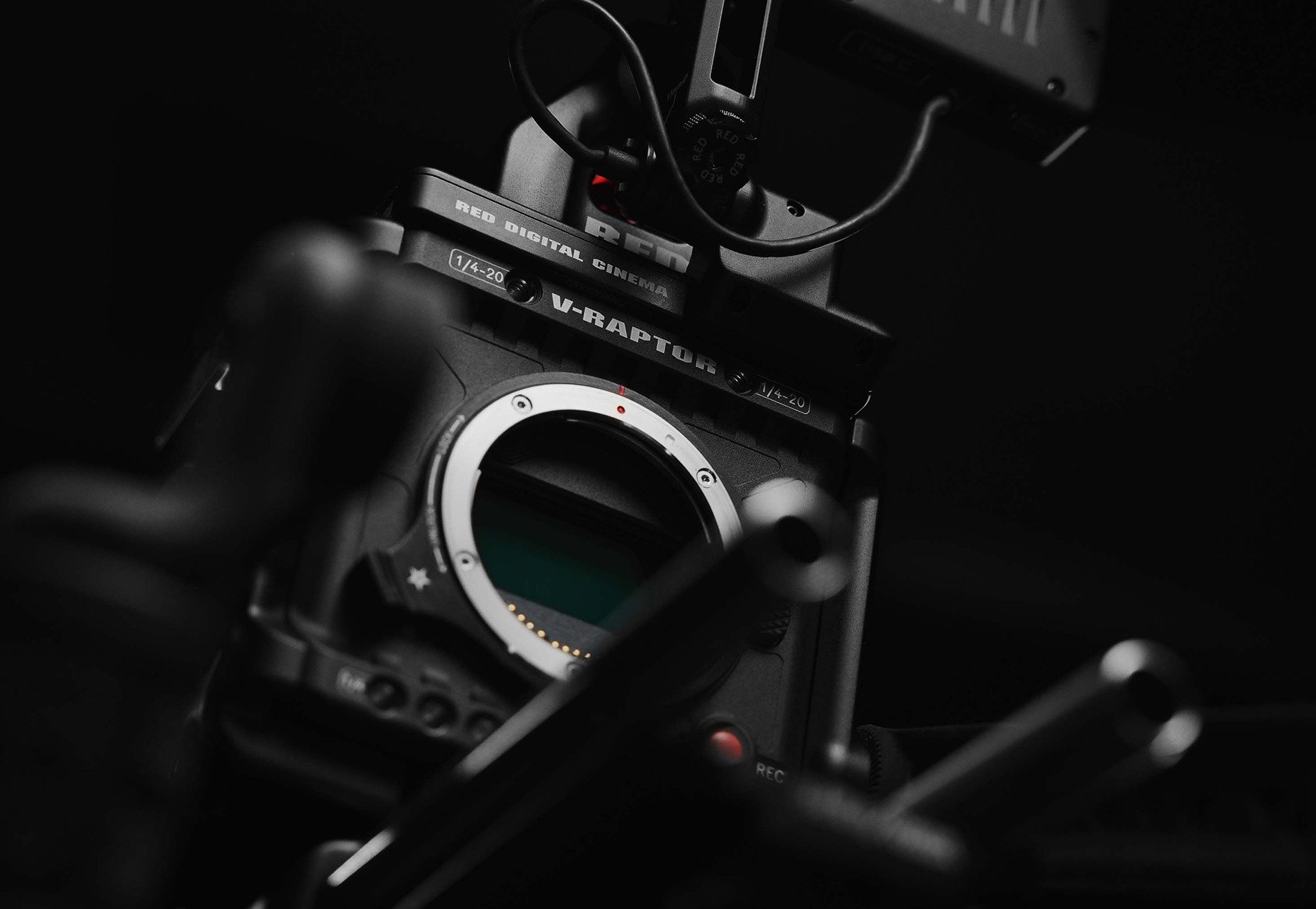Decoding the Great Debate of Renting Vs. Buying Cinema Equipment
The world of filmmaking is an ever-evolving landscape where creativity knows no bounds. Yet, behind every cinematic masterpiece lies a crucial decision: should filmmakers rent or buy their equipment? In this comprehensive blog, we embark on a journey to unravel the pros and cons of renting vs. buying cinema equipment, with real-life examples from the vibrant inventory of Revolt Camera.
Renting: The Thrill of Temporary Ownership
When it comes to renting cinema equipment, filmmakers step into a world of unparalleled flexibility and convenience. Imagine having access to a treasure trove of high-end gear without the hefty price tag or long-term commitment. Let’s dive into the pros and cons of renting cinema equipment, illuminated by examples from Revolt Camera’s illustrious inventory.
Pros Of Renting
1. Cost-Effective Solutions:
Renting cinema equipment offers a cost-effective solution for filmmakers, especially those working on tight budgets or one-time projects. Take, for instance, the Arri Alexa Mini—a compact powerhouse known for its exceptional image quality and versatility. Renting this coveted camera from Revolt Camera allows filmmakers to access top-tier equipment without breaking the bank. Instead of paying $33k for a brand new Mini and committing to a long-term engagement, rent it for $1k/day.
2. Variety and Versatility:
One of the standout advantages of renting cinema equipment is the sheer variety and versatility it offers. From the sleek Sony FX3 to the groundbreaking Red Komodo-X, Revolt Camera’s diverse inventory caters to every filmmaker’s unique needs and creative vision. Whether you’re shooting a high-octane action sequence, a heartfelt indie drama, or a high-speed table-top setup, renting allows you to cherry-pick the perfect gear for each project.
3. Stay Up-to-Date with Technology:
In the fast-paced world of filmmaking, staying ahead of the curve is paramount. Renting cinema equipment from Revolt Camera ensures access to the latest and greatest gear, allowing filmmakers to harness cutting-edge technology without the hassle of frequent upgrades or maintenance costs. With options like the Sony Venice with the Rialto Extension, filmmakers can push the boundaries of innovation with ease.
Cons Of Renting
1. Limited Long-Term Cost Efficiency:
While renting cinema equipment offers immediate cost savings, it may not be the most economical option in the long run. Consider the scenario of a filmmaker embarking on a series of recurring projects—renting gear for each endeavour could accumulate significant expenses over time. In such cases, purchasing essential equipment like the Freefly Ember 5k may prove more cost-effective in the long term.
2. Availability Constraints:
Another potential drawback of renting cinema equipment is the risk of availability constraints, especially during peak seasons or high-demand periods. Picture this: you’re gearing up for a crucial shoot, only to find that the coveted Red Komodo-X is fully booked at your preferred rental house. While Revolt Camera boasts an extensive inventory, popular gear may be in high demand, leading to scheduling conflicts.
3. Lack of Personalization:
Filmmakers often develop a deep affinity for their equipment, customizing settings and accessories to suit their unique preferences and shooting styles. When renting cinema gear, filmmakers may miss out on the opportunity for personalization and familiarity with their equipment—a factor that could impact workflow efficiency and creative expression. On the other hand, most rental houses, Revolt Camera included, offer “prep days” before principal photography to prepare cameras & lenses, build out your camera’s ecosystem, and ensure your settings are dialled in for those long days on set.
Buying: The Power of Permanent Possession
On the flip side of the coin lies the allure of buying cinema equipment—an investment in permanence and ownership that resonates with many filmmakers. Let’s explore the pros and cons of buying cinema gear, illustrated by Revolt Camera’s exceptional offerings.
Pros of Buying:
1. Long-Term Investment:
Purchasing cinema equipment represents a long-term investment in your craft—a tangible asset that holds value beyond individual projects. Consider the case of the DJI Mavic 3 Drone—a versatile aerial camera that unlocks new creative possibilities. By owning this equipment outright, filmmakers can amortize the initial investment over multiple projects, maximizing long-term cost efficiency. On the other hand, DJI and other companies alike are constantly upgrading previous versions of cameras, and keeping up with the relevancy of film tech can turn into an expensive game of cat-and-mouse.
2. Unmatched Freedom and Flexibility:
Owning cinema equipment provides filmmakers with unparalleled freedom and flexibility to explore their creative vision without constraints. Imagine the exhilaration of owning the highly sought-after Arri Alexa 35—a cinematic powerhouse revered for its unrivalled image quality and versatility. With ownership comes the freedom to experiment, customize, and push the boundaries of storytelling with complete autonomy. However, it’s a steep overhead you need to heavily consider before purchasing, so we recommended kicking the tires a few times with us before leaping to cinematic heights.
3. Personalized Workflow and Efficiency:
One of the most significant advantages of buying cinema equipment is the ability to personalize your workflow and optimize efficiency. By owning gear like the Red V-Raptor—an industry-leading cinema camera with top-tier image quality and modular design—filmmakers can fine-tune settings, accessories, and rig configurations to suit their specific needs and shooting preferences.
Cons of Buying:
While buying cinema equipment offers long-term benefits, it often entails a significant initial financial burden—a hurdle that may deter filmmakers, especially those operating on tight budgets. Consider the scenario of a budding indie filmmaker dreaming of owning the revered Arri Alexa Mini—the upfront cost of purchasing this camera may pose a formidable challenge and cause unneeded stress on the owner/operator.
Owning cinema equipment comes with the responsibility of maintenance, upkeep, and the inevitable reality of depreciation. Unlike renting, where maintenance and repairs are typically covered by the rental house, owners must bear the cost of servicing, repairs, and potential upgrades over time. Additionally, cinema gear may depreciate in value over the years, impacting its resale potential.
3. Technology Obsolescence:
In an industry driven by innovation and technological advancements, cinema equipment may become obsolete or outdated faster than anticipated. While purchasing gear like the Sony FX30—a versatile cinema camera tailored for professional use—offers long-term benefits, rapid advancements in sensor technology, resolution, and imaging capabilities could render current equipment obsolete sooner than expected.
As the curtain falls on our exploration of the renting vs. buying debate in the realm of cinema equipment, one thing remains abundantly clear: there’s no one-size-fits-all solution. Whether you opt to rent gear for its flexibility and cost-effectiveness or invest in ownership for the freedom and permanence it offers, the choice ultimately boils down to your unique circumstances, preferences, and creative aspirations. With Revolt Camera’s extensive inventory of top-tier gear, filmmakers can embark on their cinematic odyssey with confidence, knowing that the tools of their trade are always within reach. Choose your path, unleash your creativity, and let the magic of storytelling unfold, you be the judge when it comes to renting vs. buying.
Have questions about your production or our equipment? Revolt Camera supports storytellers on their journey from providing production advice and support, to the equipment you need to capture your content. Our dedicated gear specialists and industry experts will be here for you every step of the way.
